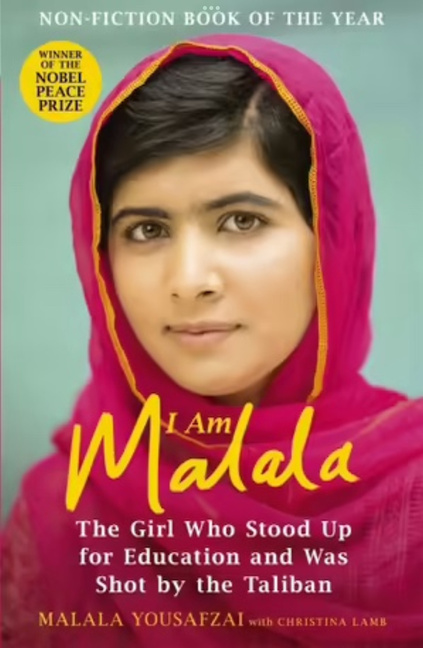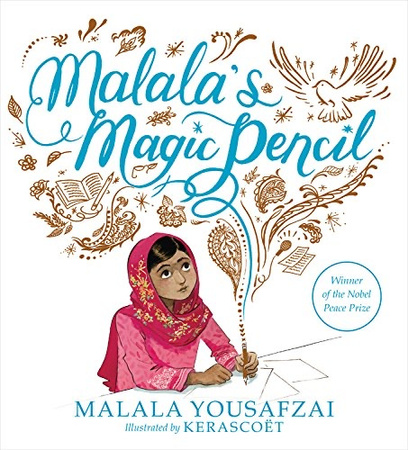Malala Yousafzai
Malala was born on the 12th of July 1997 in Mingora, Swat valley, Pakistan, and is currently aged 25. She is living in Birmingham, UK. She attended the Khushal high school and college for girls, Edgbaston high school for girls, and the Lady Margret Hall up until 2020. At birth, her father, Ziauddin Yousafzai, wanted to give her every opportunity a boy would have. Her father was a teacher who founded the Khushal girls’ school which Malala attended. Her mother, Toor Pekai Yousafzai, also raised her and her two brothers Atal and Khushal Yousafzai. Malala was married to Asser Malik in November 2019; despite her thoughts that marriage wasn’t for her.
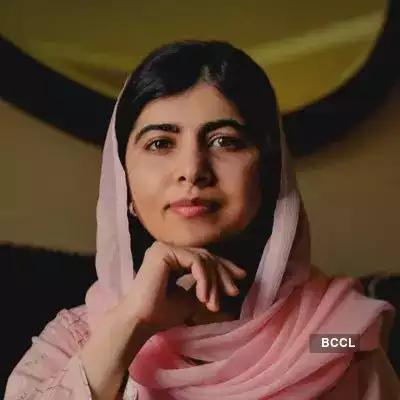
Story
The Taliban came to her town in 2007, and placed restrictions or banned some things like owning a TV, playing music, singing, dancing, and had extreme punishments for those who would not abide. Halfway through January 2009, they had shut down all girls’ schools in the Swat valley and had blown up over 100 of them. Malala began writing for the BBC around this time about what it was like to live under these conditions. In these entries she used a fake name, Gul Makai, to avoid serious trouble from the Taliban. She had also began appearing in TV interviews about a month later. Around late February, the Taliban agreed to suspend the tension, and allowed girls to attend school if they wore a burka. Unfortunately, the violence was revived only 2-3 months later in May. Because of this, Malala and her family were forced to seek other accommodation outside the Swat valley. After continuous television appearances, it was becoming clear she was writing the entries for the BBC later that year in December. Due to this, Malala was beginning to be recognised for her advocacy and courage.
In 2012 on the 9th of October, an armed man from the Taliban boarded her school bus and asked, “Who is Malala?” After locating her in the bus, he shot the left side of her head. Malala was only 15 at the time. She was airlifted to a Pakistan military hospital then taken to England for further care. Miraculously, she survived and woke up in a hospital located in Birmingham, England, after 10 days of being in a coma. The left side of her face had become paralysed, and to help her get better she would have to go through surgeries and rehabilitation. Eventually in March 2013, she was able to continue her education in England, while still fighting for girls’ education rights. The same year, Malala and her father Ziauddin established the Malala fund, which ensures every girl has access to 12 years of free, safe quality education. As a result of her fund, over 10 million girls have been able to get education. Her story shows her incredible courage and strength throughout her activism.

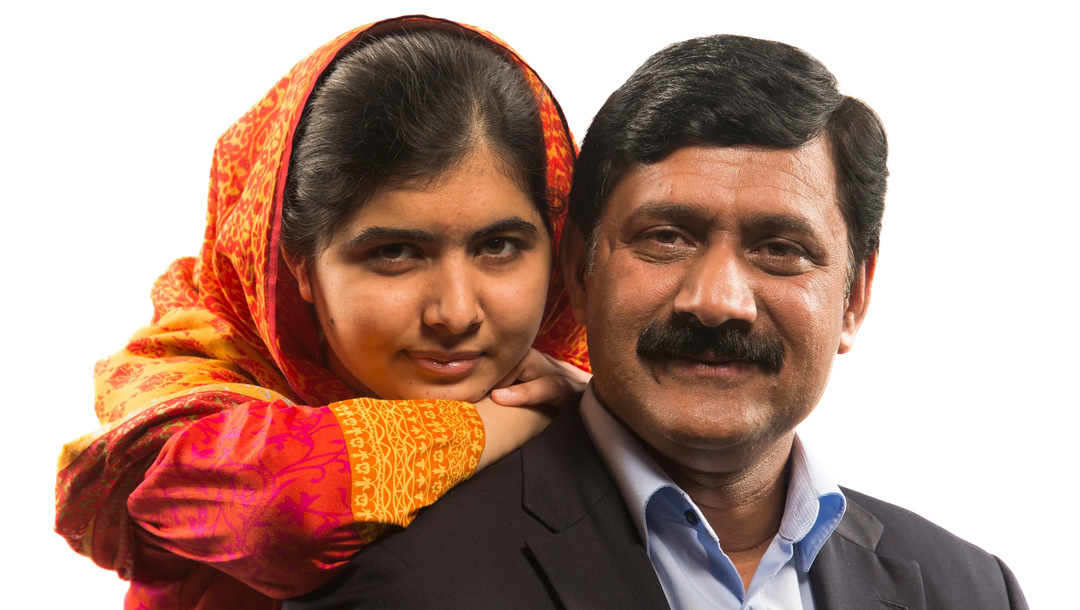
Malala and Ziauddin
Awards won
& books
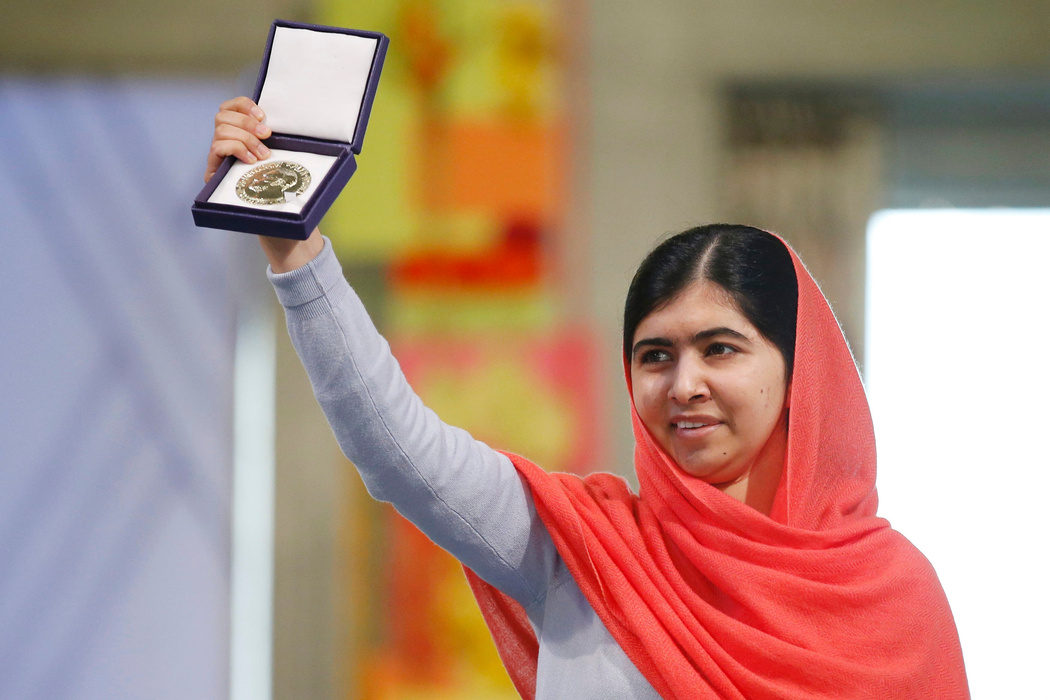
After Malala began receiving recognition for her activism, she was nominated for the International Children’s Peace Prize in October 2011, and was granted Pakistan’s first National Youth Peace Prize in December that same year. 2 years later in 2013, she won the United Nations Human Rights Prize, which is given out every 5 years. In 2014, she became the youngest recipient of the Nobel Peace Prize at the age of 17. Her speech can be watched here.
Malala also has a total of 7 books written about her story; I am Malala: The story of the girl who stood up for education and was shot by the Taliban (2012), I am Malala: How one girl stood up for education and changed the world (2014), Malalas magic pencil (2017), We are displaced (2018), Malala: My story of standing up for girls’ rights (2018), My name is Malala (2022), and Malala speaks out (2023).
